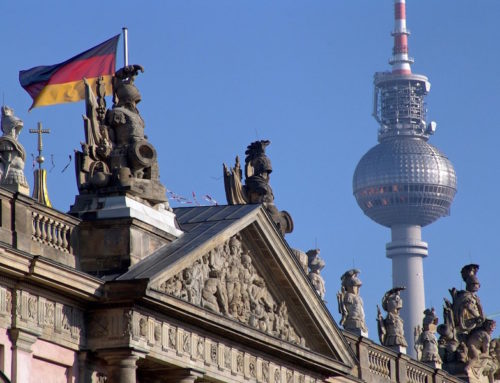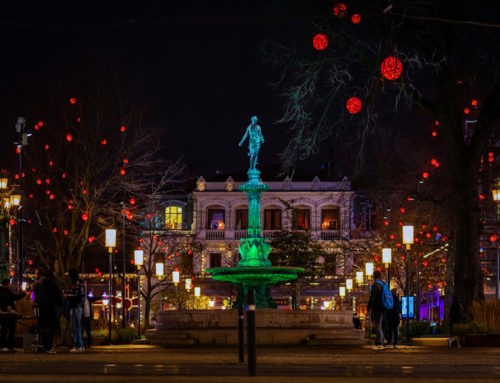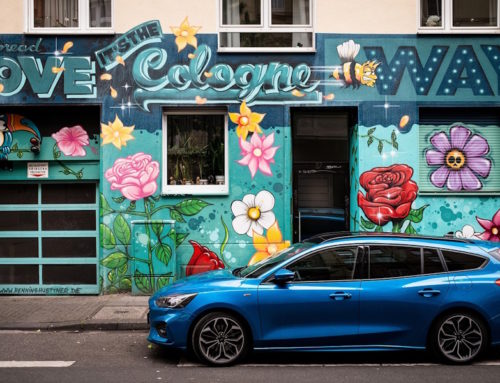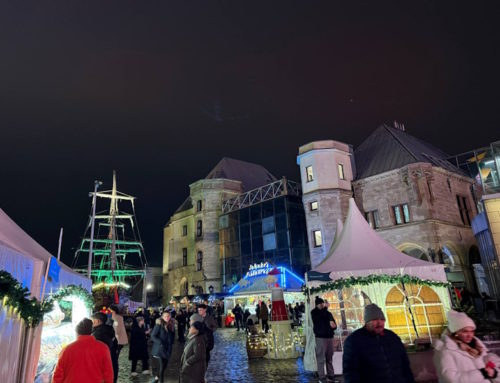Back to Vilnius for a weekend.
Vilnius, the capital of Lithuania, is more than just a city to me. It’s where an important part of my story began. It’s full of memories, emotions, and moments that helped me understand who I really am.
I had my first gay club experience in Vilnius. It wasn’t just about partying or dancing—it was about finally feeling free. For the first time, I wasn’t pretending to be someone else. I wasn’t hiding behind a fake smile or acting like I liked girls just to fit in. I was just me. That moment felt like a small but powerful step toward the life I wanted to live.
Now, when I think back, I call it “another life.” Back then, I lived like a straight guy because I felt I had to. I was surrounded by homophobic people who made it hard to be myself. It was like wearing a mask every day, and it was exhausting. But when I was in Vilnius, I could take that mask off. I could be real. I could be free. And that feeling was something I’ll never forget.
Vilnius gave me many special moments. I remember walking down Pilies Street with the sun setting, thinking, I don’t want to hide anymore. I remember sitting in a small café in Užupis, writing confused thoughts in a notebook and wondering if anyone else felt the way I did. I remember kissing a guy by the river for the first time, my heart beating fast, and feeling like the world was finally starting to make sense.
Vilnius also has an amazing history.
It’s one of the oldest cities in the Baltic region. It was first mentioned in 1323 and has been through many changes. The city was part of different empires, it survived wars and difficult times, but it never lost its charm. Its Old Town is one of the biggest and most beautiful in Europe. Walking there feels like walking through history—with old churches, narrow streets, and buildings full of character.
One of my favourite parts of Vilnius is Užupis. It’s a small, creative neighbourhood that called itself the “Republic of Užupis” in 1997. At first, it was just a joke, but now it’s a fun and artistic area with its own flag, president, and even its own “constitution.” The rules are funny and deep at the same time—like “Everyone has the right to be happy” and “Everyone has the right to be unique.” When I read them, I smiled. In a way, Užupis felt like it understood me better than most people did.
Vilnius also has a deep and sad history when it comes to its Jewish community. Before World War II, it was known as the “Jerusalem of the North.” It had a large, rich Jewish culture and was a centre of learning. But during the war, most of that community was lost. Today, Vilnius is trying to remember and respect that part of its past. Walking through the old Jewish quarter makes you stop and think about how important it is to remember who we are and where we come from.
Vilnius is not a perfect place. Like every city, it has its problems. But for me, it gave something very special—it gave me a chance to find myself.
Now, I come back not as someone running away from a lie, but as someone proud of who they are. The city looks the same, but I’ve changed. The cafés are still here. The streets still feel familiar. The memories are still strong.
This time, I return to Vilnius not to escape—but to celebrate.










Leave A Comment